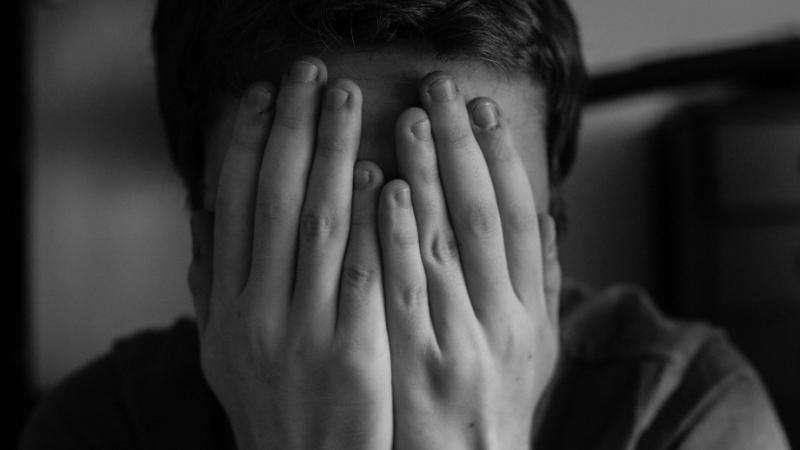Credit: Ryan Melaugh, Flickr
The increased risk of mental illness for people who are unemployed is due to more than just financial hardship, a new study from The Australian National University (ANU) has found.
The study, conducted by Dr Laura Crowe as part of her Doctorate in Clinical Psychology, found the lack of social support and low sense of control over life contributes just as much as the financial factors to an increased risk of mental illness for the unemployed.
Dr Crowe said while the relationship between poorer mental health outcomes and unemployment is well known, her research looked at what aspects of unemployment can explain that relationship.
"We were looking at three key factors - financial hardship, a lack of social support, and a low sense of control over one's circumstances," Dr Crowe said.
"We found that each of the factors partially contributed to the relationship between unemployment and depression."
Dr Crowe said someone who is unemployed is up to twice as likely to experience depression, and that policy makers need to take a closer look at the social and economic issues that play a role in mental health.
"Understanding the role of social and economic factors is really important," she said.
"We tend to make the unemployment experience as unpleasant as possible so that people try to find work.
"But if we make it harder in terms of access to financial and social resources, then people might end up with poorer mental health which is another obstacle in trying to find work. It's counterproductive."
The study also looked at the same links for people who are under-employed and found for these people, financial hardship was the only factor linked to an increase in depression.
"Maybe there is some social support and sense of control over your life that you get even from inadequate employment," she said.
The study looked at a group participants and tracked their progress over time starting from ages 20-24. The group is now aged 28-32.
Provided by Australian National University



















